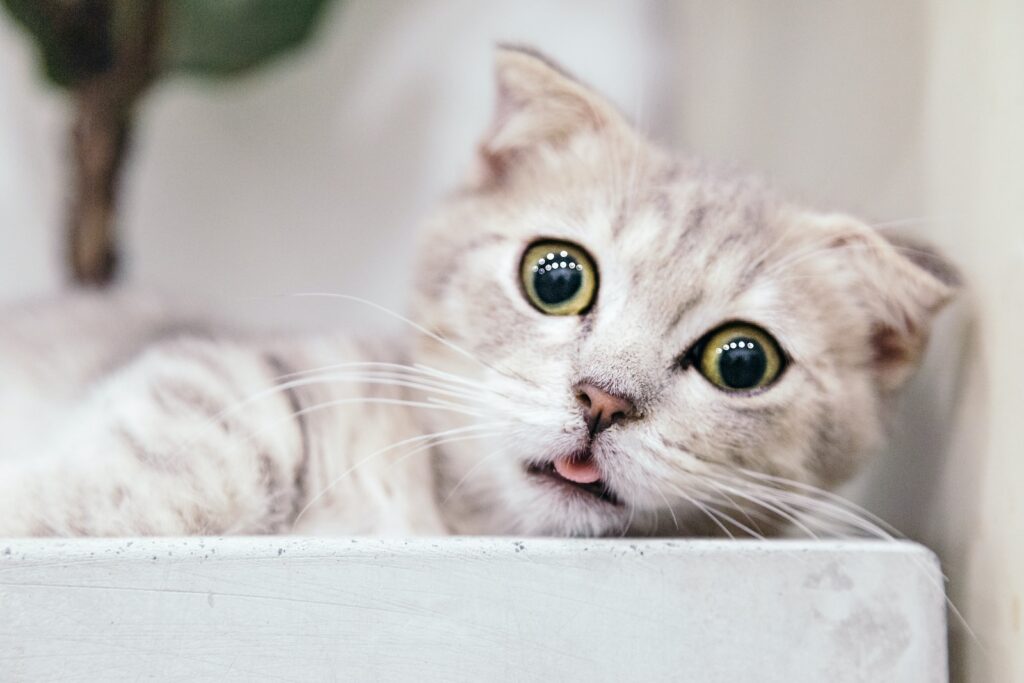Can Cats Eat Custard? — No, They Can’t
Custard is a delicious dessert that many humans enjoy, but when it comes to cats, it’s best to steer clear. Cats are obligate carnivores, which means their diet should primarily consist of meat. While custard may seem harmless, it contains ingredients that can be harmful to cats.
Can Kittens Eat Custard?
No, kittens should not be given custard either. Just like adult cats, kittens have specific dietary requirements that should be met to ensure their overall health and development. Custard does not provide the necessary nutrients that kittens need for proper growth.
Things to consider when feeding custard to kittens?
If you are considering feeding custard to kittens, it’s important to note that their digestive systems are still developing. Introducing foods like custard at such a young age can lead to digestive issues and may even cause diarrhea or vomiting. It is best to stick to a balanced kitten-specific diet recommended by a veterinarian.
Nutritional Benefits of Custard for Cats — Why Custard is not Suitable for Cats?
No Nutritional Benefits
Custard does not offer any significant nutritional benefits to cats. While it may contain dairy and eggs, which are sources of protein, these ingredients are not in a form that is easily digestible by cats. Cats require specific amino acids found only in animal protein sources to meet their nutritional needs.
Potential Health Risks
The main reason why cats should not consume custard is because it contains lactose. Most cats are lactose intolerant, meaning they lack the necessary enzymes to break down lactose, leading to digestive upset. Feeding custard to cats can result in symptoms such as diarrhea, bloating, and discomfort.
High Sugar Content
Custard is typically sweetened with sugar, which can also be harmful to cats. Cats do not have a sweet tooth like humans do, and too much sugar in their diet can lead to weight gain, dental issues, and even diabetes. It is important to prioritize a balanced and appropriate diet for your feline friend.
Potential Allergies: Can Cats Be Allergic to Custard?
While cats can develop allergies to certain foods, such as fish or chicken, custard is not a common allergen for felines. However, it is important to be cautious and observe your cat closely if you notice any unusual symptoms after they consume custard.
Symptoms of Custard Allergies in Cats
- Vomiting: If your cat experiences vomiting after consuming custard, it may indicate an allergic reaction.
- Diarrhea: Diarrhea can be a sign that your cat’s digestive system is not tolerating the custard well.
- Itchy Skin: Some cats may develop itchy skin or rashes as a result of an allergic reaction to custard.
What to Do If Your Cat Shows Symptoms?
- Consult a Veterinarian: If you suspect that your cat is experiencing an allergic reaction to custard or any other food, it is best to consult a veterinarian for proper diagnosis and guidance.
- Eliminate Custard from their Diet: To ensure your cat’s health and well-being, avoid feeding them custard or any other potential allergen in the future.
- Monitor Their Symptoms: Keep an eye on your cat’s symptoms and report any changes or worsening of their condition to your veterinarian.
Recommended Amount: How Much Custard Can a Cat Consume?
Cats should not consume any amount of custard as part of their regular diet. It does not provide the necessary nutrients they need and can potentially cause digestive upset and other health issues. It is best to stick to a balanced and appropriate feline diet recommended by professionals.
Things to Consider When Feeding Custard to Cats
Feeding custard to cats should be avoided altogether. Always prioritize their nutritional needs and provide them with a diet that consists of high-quality, animal-based protein sources specifically formulated for feline health.
How to Feed Custard to Cats: A Quick Guide
Custard is not recommended for cats, and there is no need to incorporate it into their diet. Instead, focus on providing them with a well-balanced feline diet that meets their nutritional requirements.
Conclusion
Cats should not eat custard. While it may be tempting to share your favorite dessert with your feline companion, their dietary needs require a different approach. Custard does not offer any nutritional benefits for cats and can potentially cause digestive issues. Stick to a proper feline diet recommended by professionals to ensure the health and well-being of your furry friend.






